Ten Questions Tax Preparers Should Be Ready To Answer

Ten Questions Tax Preparers Should Be Ready To Answer
The media, the Internal Revenue Service and Attorneys General of many states have focused on fraud committed by tax preparers. While the relative rate of fraud among preparers is small (see Tax Fraud By The Numbers In Taxing Subjects), the publicity has raised the issue among taxpayers.
This year, taxpayers who are shopping for a new preparer, or who are concerned about the potential for fraud, may have questions they need to have answered before they give you their business. The California Tax Education Council (CTEC), which regulates preparers in that state, has released a list of questions taxpayers should ask.
Here, somewhat expanded, is a list of ten you should be prepared to answer when asked:
1) What kind of tax preparer are you?
Taxes may legally be prepared by attorneys, accountants, enrolled agents or professional preparers. You should be able to tell the customer which category your firm falls into. In addition, you should be able to show some documentation of your status – professional certifications, membership in national or state associations, etc.
2) Did you take any training to be current with this year’s tax law changes?
Not taking Continuing Professional Education (CPE) classes, or a course such as Drake’s Update School, may mean that you would miss some critical deductions – or worse yet, not know some of the deductions that have expired. Be prepared to show what you know.
3) Do you have a Tax Preparer Identification Number (PTIN)?
Since 2011, anyone who prepares federal tax returns for a fee must have a PTIN. Make sure you obtain a PTIN and renew it each year – it will further substantiate your credibility as a professional preparer.
4) Will you sign my tax return, or do I have to do it myself?
Again, the regulations are clear. If you prepare the return, you must sign the return in addition to the taxpayer.
5) How are you insured?
Depending on your state laws, you may be required to carry a bond, or basic insurance. At the very least, you should carry errors and omissions coverage. And be prepared to show that you have a current policy in effect.
6) With the tax season delay this year, when can I expect my refund? What programs do you have in place to get my refund to me more quickly?
If you offer e-file (most of you are mandated to do so), then you can provide the quickest way for the taxpayer to receive their refund – e-file with direct deposit. Refund Settlement products are an option for taxpayers who either don’t have a bank account or don’t have the funds to pay the tax preparation fee up front. These products can allow the taxpayer to e-file and receive their refund via direct deposit or debit card. Drake Software has a summary of its refund programs on its Bank Products web page. State and federal laws may affect the programs available to you.
7) How long have you been in business at this location?
Neighborhoods change over time, so people living in the community you serve may not know you. Be prepared to show how long you have been in their community, serving them. Note that consumer advocates urge taxpayers not to use new, untried tax services, regardless of what they promise for refunds.
8) Have you ever been audited by the IRS, charged with a tax preparation crime or reported to the Better Business Bureau?
IRS Audits of their procedures are increasingly a way of life for professional preparers; charges are sometimes made but not pursued, and disgruntled customers may report you to the BBB simply because they do not like the size of their refund. Whether or not any of these things have happened to you, you should be prepared to answer frankly – and back it up if necessary.
9) How will my return be affected by the Patient Protection and Affordable Care Act (also called the ACA, or ObamaCare)?
This is bound to be the most often-asked question this year, and the biggest shocker for people who have not paid attention to the details of the ACA. As the law is constantly evolving, it is critical that you keep abreast of change. A good place to start is the Drake Software’s DrakeHealth website. Drake Software also has a number of white papers, calculators and other resources to help with this question. Be sure to know how 7216 regulations impact your communications with taxpayers about the ACA. This is also covered on DrakeHealth.com.
10) How do you calculate charges for preparing a tax return?
This is perhaps the toughest question to answer – not because you fees are necessarily out of line, but because every return is different. Most have a set amount for basic returns, and a list of other fees for more complicated returns – multi-state returns, foreign revenue, and other associated factors. Whatever you do, don’t charge a contingent fee, or fee based on a percentage of the refund. This violates Treasury Department Circular 230 regulations. Looking for current rates other preparers charge for similar services? Drake Software offers information at its Taxing Subjects blog page.



